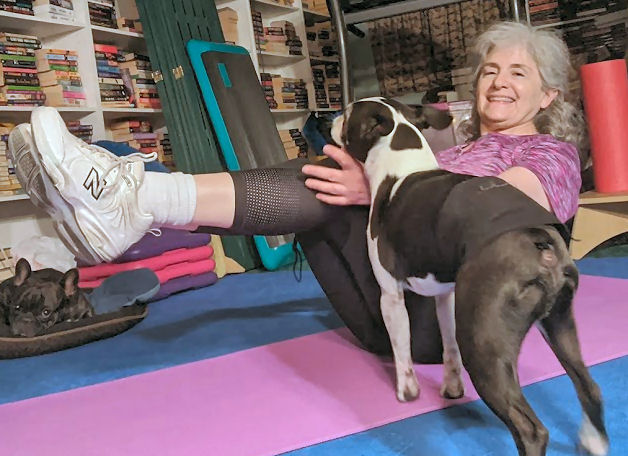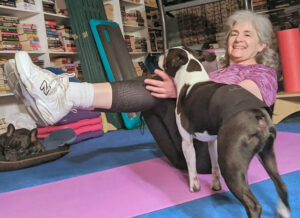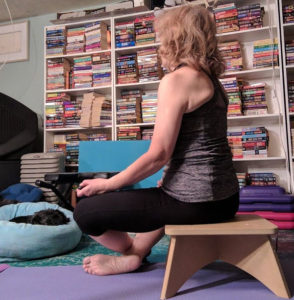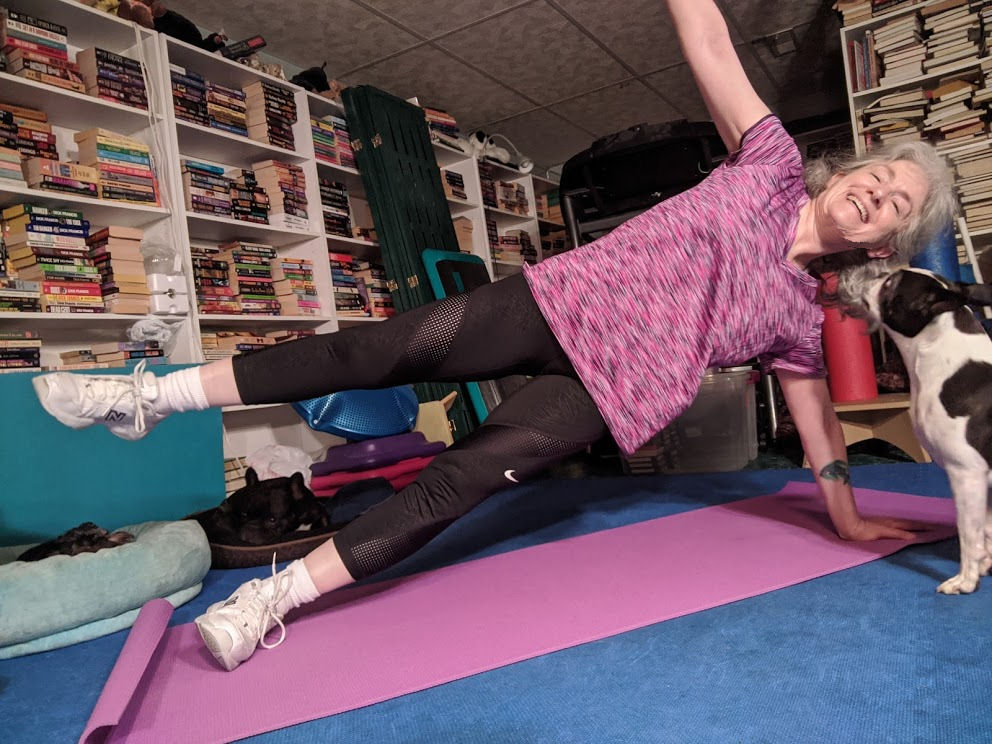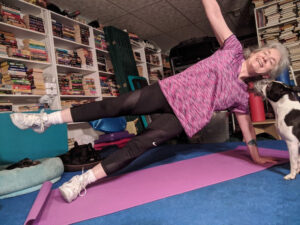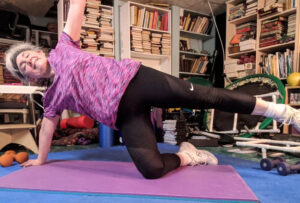We’ve all got stuff that has to get done. And we’ve got stuff we want to get done. There are other things that it would be nice to get done. But what if there are dogs running around? Kids underfoot? You have to stir the soup or it will burn. And the phone keeps ringing. Here are 5 tips on how to get it done even with distractions.
Eliminate the distractions you can
Turn off your phone. Put it in another room. You’ve probably heard this before. But you need your phone! Yes, you need it, but you don’t need it all day every day. For the time it takes you to get the non-negotiable thing from your list done, turn it off. 20 minutes, okay?
Identify your non-negotiable thing that needs to get done
Make a list – on paper – of 3 things that need to get done today. One is absolutely non-negotiable. It has to get done today. The other 2 should be slightly less imperative. And carry this list with you. Put it in your back pocket and refer to it often. If you don’t know where to start with this exercise, download the “Get It Done” Guide and work through the list.
How will you benefit from getting these things done?
Why do you need to get those 3 things done? Will you benefit personally? Will they make your life simpler? If it’s grocery shopping, it’ll sure make getting dinner on the table easier! Or will they enrich you financially? If one of the items is a project for your work or your business, that’s a firm “Yes!” Or will one of the items make the life of a loved one better?
Ignore the distraction or deal with it
About that distraction: if it’s a call you have to take OR ELSE!, then by all means answer your phone. If it’s a friend who you need to talk to but it will wait, then message the friend and ask if you can call back later. A true friend will understand, because there are probably times when they have to get things done.
Close the door
Close the door. Or put the dogs in their crates with peanut butter-filled kongs and tell the kids you need 20 minutes of quiet time. Set your timer. You’ll be able to get it done even with distractions. Your mental toughness will carry you through this. Your resilience is improving, and you’ll face the rest of your day knowing that you accomplished something.

